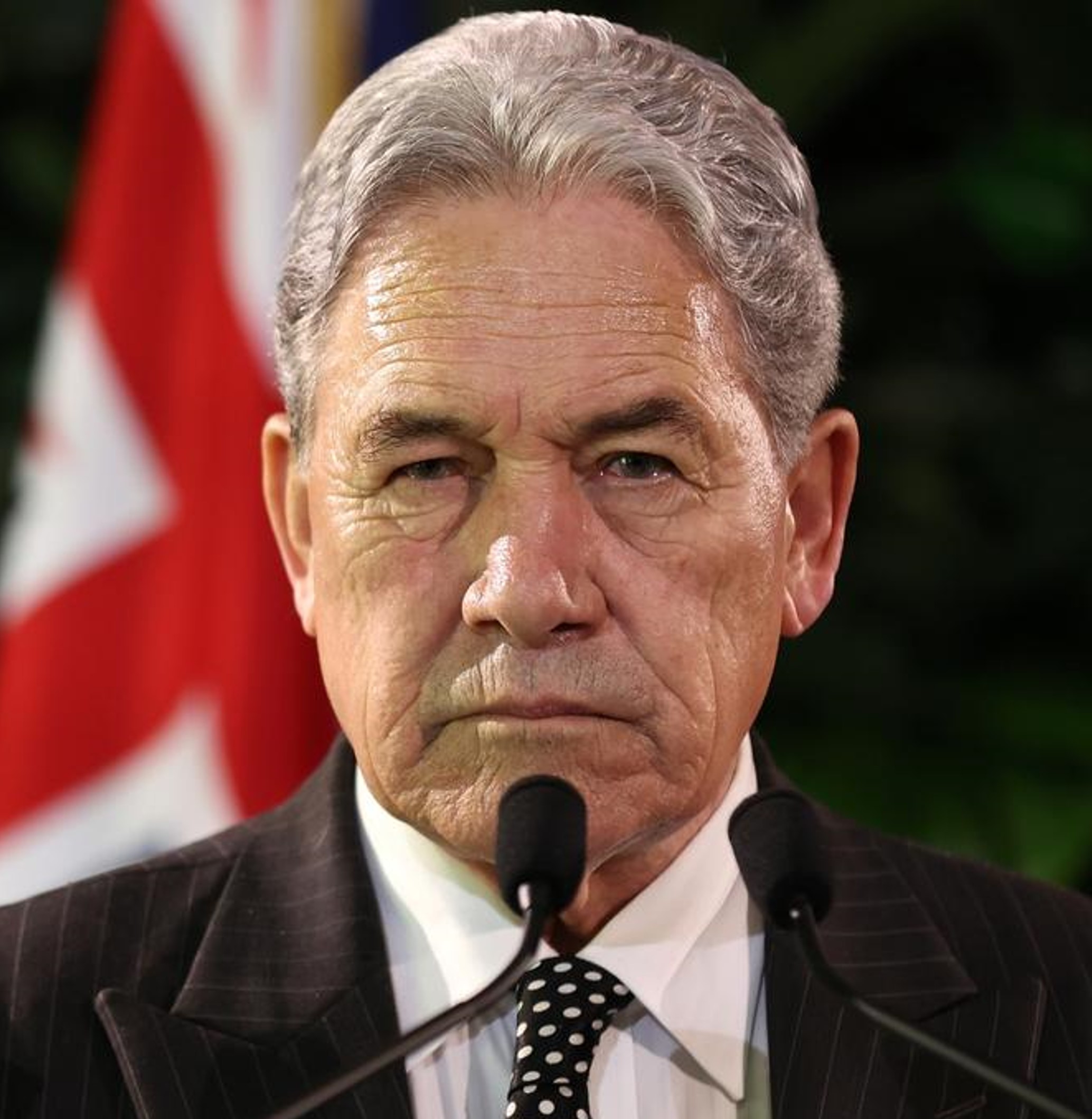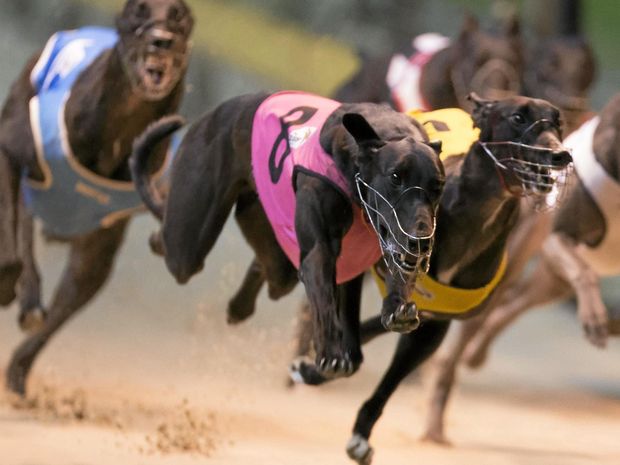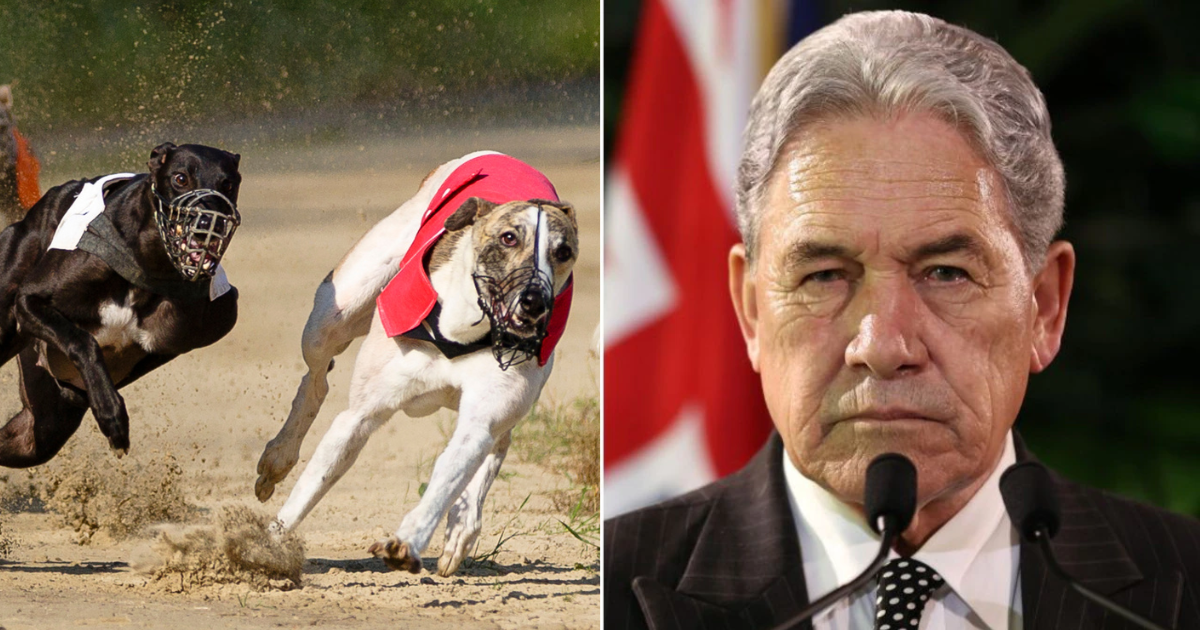by Sue Osborne, Coalition for the Protection of Greyhounds
In December, New Zealand’s most conservative coalition government in years announced a ban on greyhound racing to protect the welfare of dogs.
Greyhound racing will be wound down over a 20-month period to enable rehoming of dogs and to allow people in the industry to transition.
New Zealand Racing Minister and Deputy Prime Minister Winston Peters said, “despite significant progress made by the greyhound racing industry in recent years, the percentage of dogs being injured remains persistently high, and the time has come to make a call in the best interest of the animals”.
New Zealand Society for the Protection of Cruelty to Animals (SPCA) Scientific Officer Alison Vaughan said the decision “transcended party politics”.
In a 2023 election leadership debate, both the Prime Minister and the Leader of the Opposition publicly expressed their support for banning greyhound racing, Dr Vaughan said.

An industry on borrowed time
The New Zealand greyhound industry had been on notice over animal welfare concerns for several years. There have been three reviews into the industry over the past decade, all recommending significant changes.
Mr Peters said, “We acknowledge the work done by Greyhound Racing New Zealand to improve safety. While fewer dogs are dying, injury rates, while down slightly, have plateaued and remain unacceptably high”.
On announcing the ban, his government passed the Unlawful Destruction of Specified Greyhound Amendment Bill to prevent the unnecessary killing of racing dogs.
“A key task will be the rehoming of an estimated 2900 racing greyhounds in New Zealand. An advisory committee has been appointed to help manage the transition process.
“Keeping unwanted dogs safe is a priority. The government is working with animal welfare organisations to establish programmes to support rehoming,” Mr Peters said.
Dr Vaughan said a possible ban had been signposted for years.
In 2016 the New Zealand Racing Board commissioned an independent review into greyhound racing carried out by High Court Judge Rodney Hansen. His report highlighted the rates of dog euthanasia, the number of ‘unaccounted’ for dogs and low numbers of rehoming.
"No More Chances"
In 2022 the SPCA launched the ‘No More Chances’ campaign to end greyhound racing. It worked with government ministers, departments, and reviews of the industry, to present evidence and advocate for change.
It commissioned public opinion surveys to raise awareness and empower the public to voice their concerns.
“SPCA partnered with other animal protection organisations to highlight welfare issues and to commit its support for facilitating the rehoming of greyhounds,” Dr Vaughan said.
She advised Australian-based anti-racing campaigners to work constructively with stakeholders willing to improve welfare outcomes and propose viable alternatives to the status quo.
“Advocating for a fair and just transition – allowing time for rehoming greyhounds and supporting affected people – can build goodwill and strengthen your position,” she said.

In Australia in July, former Chief Vet of Greyhound Racing NSW Alex Brittan wrote a damning report alleging widespread abuse, reporting and oversight failures in the NSW racing industry.
This prompted the Drake Inquiry into Greyhound Racing NSW, due to report to the NSW Minister for Gaming and Racing David Harris on 30 April 2025.
Dr Brittan has warned this report could just lead to “business as usual”.
New Zealand’s coalition government, considered right wing, ‘anti-woke’ and libertarian, was able to make a sensible decision based on moral and animal welfare issues, due to bipartisan support.
Without a political football to kick around, it seems governments can do the right thing.
